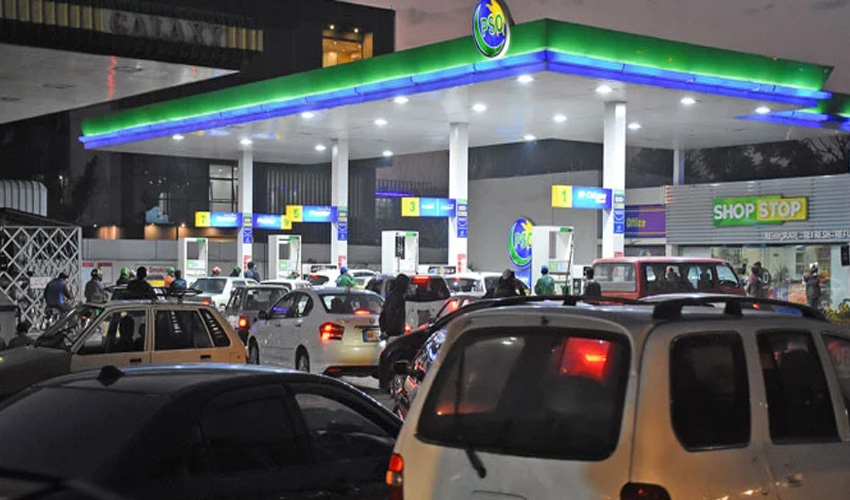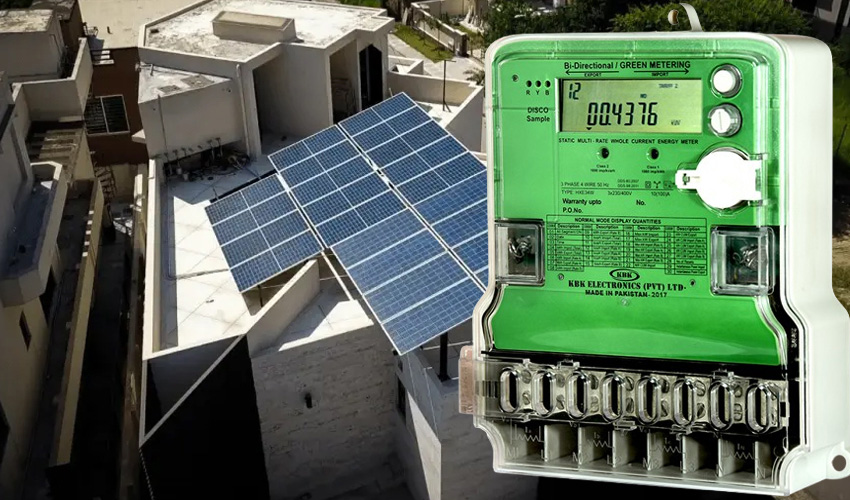The strike called by the Petroleum Dealers Association has caused widespread disruption across Pakistan, with petrol pumps closing in various cities and citizens scrambling to secure fuel.
The association is protesting against the federal government's imposition of new taxes on petrol sales, demanding a rollback of these taxes.
However, the situation in the capital cities of Rawalpindi and Islamabad is different, with no signs of the strike call being followed.
Lahore
In Lahore, the situation remains relatively stable compared to other cities. Despite initial closures before 6am, most petrol pumps reopened and continued operations. By midday, more than 90% of petrol pumps in Lahore were reported to be open, although some pumps in areas like Mall Road, Temple Road, Allama Iqbal Road, and Garhi Shahu had stopped sales late at night.
Pumps supplying oil to government institutions, those operated by Police Welfare, and those run by Rangers remained open throughout the strike.
Karachi
Karachi, on the other hand, experienced significant disruptions. Many petrol pumps in the city closed from 6am, leading to increased congestion at the few open stations. Citizens were partially affected due to the opening of public and one private company pumps.
The city's public transport services have also been affected, with fewer vehicles on the roads than usual. The petroleum dealers in Karachi are also protesting against the advance return tax imposed by the federal government.
Quetta, Peshawar
Quetta is seeing a partial strike, with most petrol pumps remaining open, ensuring that citizens still have access to fuel. However, the situation in Peshawar is more severe, with petrol pumps closing in response to the strike call, causing difficulties for residents.
In Liaquatpur, the strike has led to the closure of petrol pumps, creating grave challenges for locals. According to the district president of the petroleum dealers' association, the pumps were closed in protest against unnecessary tax increases. Negotiations between the central leadership and the government have failed to resolve the issue, according to Chaudhry Ilyas.
"A lot of taxes have already been imposed, we cannot bear the burden of more taxes," the official lamented.
Burewala appears to be unaffected by the strike, with all petrol pumps open and operating normally. There are no instructions from pump owners to close, and traffic in and out of the city continues to flow smoothly.
Govt response
In response to the strike, the Petroleum Division in Islamabad has taken several measures to mitigate its impact. Oil Marketing Companies (OMCs) and associated companies have been directed to keep their pumps open. OGRA, OAC and OMCs have also been directed to meet the required stocks.
A list of petrol pumps, which remained open during the strike, has been prepared, while the division has also set up a monitoring cell in the office of the director general of petroleum to oversee the supply chain during the strike.
OGRA teams are monitoring petrol pumps in the field, and actions will be taken against any violations. All chief secretaries have been requested to cooperate in keeping as many petrol pumps open as possible. They have also been asked to facilitate the movement of oil tankers during the day to ensure continued fuel supply.
The Petroleum Dealers Association has raised its concerns regarding tax issues with the Finance Ministry and the Federal Board of Revenue (FBR), seeking a revision of the current tax policies.



























